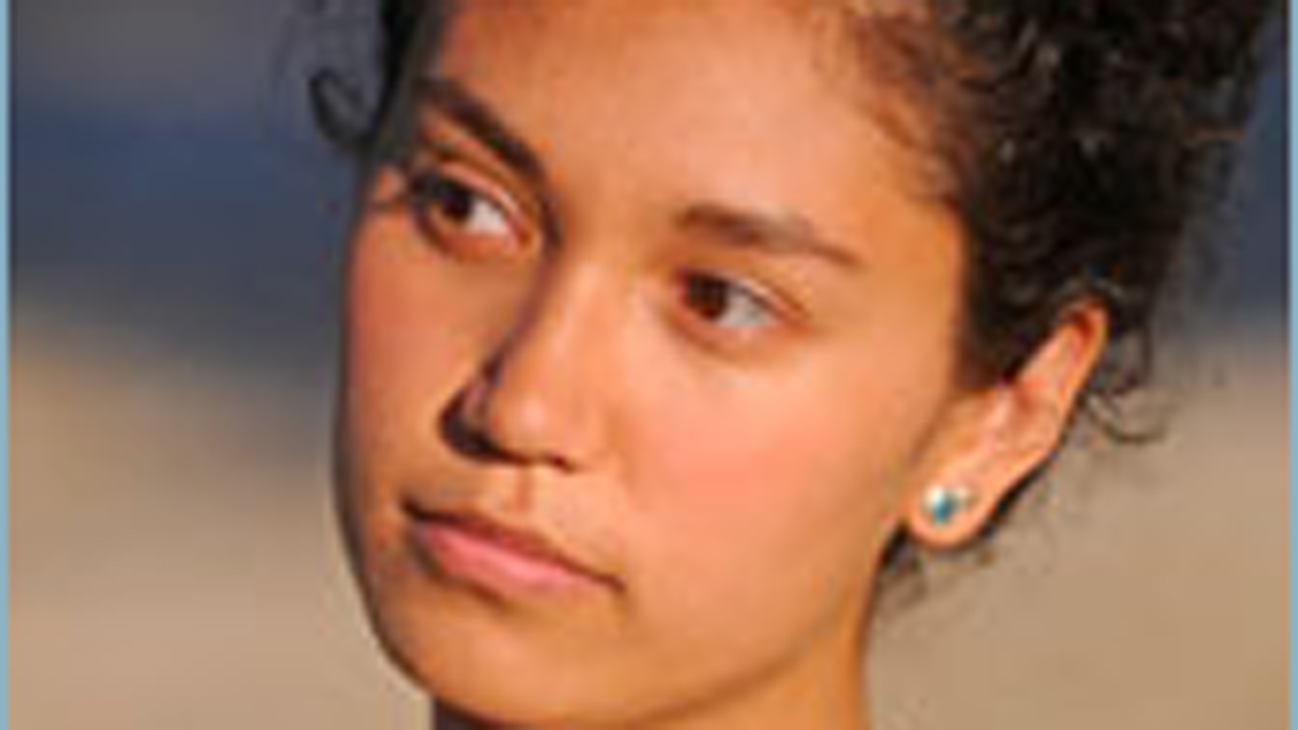From CNN.com, by Sarah Kay
I have always liked coming home and sharing what has happened that day with my loved ones. I like comparing notes. I know other people do, too. I think there is a human instinct to tell stories, no matter who you are or where you live.
When I hear other people’s stories, I like to believe that they contribute to my “Encyclopedia of Human Experience.” The stories I hear help me expand my definition of what love is, what pain feels like, what sacrifice means, what laughter can do. I hear a story and learn from it: I agree, or disagree, or build on it, or expand it, or find some kernel of truth inside of it for myself, that lets me know somebody else is also trying to tackle the same confusing questions that I am.
I was born in New York City and attended an International School (a school that promotes international education) from kindergarten through high school. At the same time I was learning how to read and write, my teachers spent time telling us all kinds of stories.
In first grade, I heard stories of Anansi the Trickster from West African folktales. Then I heard about Coyote the Trickster in Native American stories. Later, I heard about Tom Sawyer tricking his friends into doing his work for him. With each story, my encyclopedia was cracked open, and another entry was made under “trickster.”
To me, having the courage to tell your own story goes hand in hand with having the curiosity and humility to listen to others’ stories. I learned this most concretely from spoken word poetry.
The first time I ever performed spoken word poetry, I was 14 years old. I was overwhelmed by the incredible respect I was given by people twice my age, when I found the courage to perform poems that were from my specific story.
I wasn’t asked to speak on behalf of “teens” or “girls” or “being biracial” or even “New Yorkers.” I was asked to speak on behalf of Sarah Kay, which meant digging into my encyclopedia for all the definitions I had crammed in there, and sharing them with others. All the poets around me shared their definitions as well, so I could continue to expand my lists and continue to learn.
Perhaps, if nothing else, going to the Bowery Poetry Club’s weekly poetry events provided me with a space where it was equally important to speak as it was to listen. I try to teach the same idea with Project V.O.I.C.E. — my touring workshop and performance series that aims to entertain, educate, and inspire self-expression through spoken word poetry. I don’t think it’s as easy as saying, “Everybody just tell your story!” But I think it’s a start.
Artistry is important. Skill, hard work, rewriting, editing, and careful, careful craft: All of these are necessary. These are what separate the beginners from experienced artists. But even established artists started as beginners. Not all poetry wants to be storytelling. And not all storytelling wants to be poetry. But great storytellers and great poets share something in common: They had something to say, and did.
Too often, too many people don’t have the courage or confidence to believe in their own stories. They fear it is boring, or irrelevant, or that somebody else could tell it better.
I am so incredibly lucky that someone gave me the permission and the confidence to tell my own story. Not everyone is given that gift. I would love a world where I can walk into a classroom and only talk about meter and form, and we can focus entirely on craft, because there is already a unanimous understanding that everyone will be telling their stories, so we can jump ahead. But for now, I have been overjoyed with the doors that spoken word poetry has unlocked for me, and others I have met. It isn’t a solution, but it is a tool kit. One that most people already have, they just may not realize it.
When preparing for my TED talk, I kept winding up in two different conversations. And still now, I continue to find myself sliding back and forth between them. In one conversation, I am a teacher in a classroom, teaching university, high school and middle school students about spoken word poetry. They cringe at even the word “poetry” and I am trying to convince them that poetry isn’t just a bunch of dead white men. “Poetry is new!” I tell them. “Poetry is exciting and fresh, and Jay-Z and Regina Spektor!”
In the other conversation, I am an eager 22-year-old trying to convince my elders that this “spoken word poetry” they keep hearing about isn’t only freestyle rap and open mics. “Spoken word poetry isn’t new,” I tell them. “It has always been here. It’s Homer! It’s Shakespeare! It’s West African Griots! It’s Ginsberg!” Don’t be fooled by its shiny new coat of paint, there is a gloriously rusty history here that is breathing beneath the chrome.
Is spoken word poetry old? Yes. Is spoken word poetry new? Yes. Can the form of spoken word poetry evolve and reinvent itself, while still connecting us to traditions from other times and other places? I hope so. How wonderful that poets before us found the wisdom to listen to what was happening around them, and the courage to speak about it. It is my hope that today’s (and tomorrow’s) poets continue adding their chapters to the world’s “Encyclopedia of Human Experience.”

